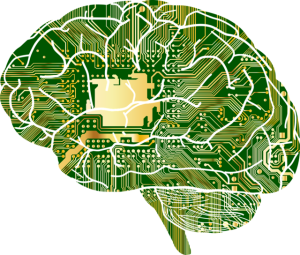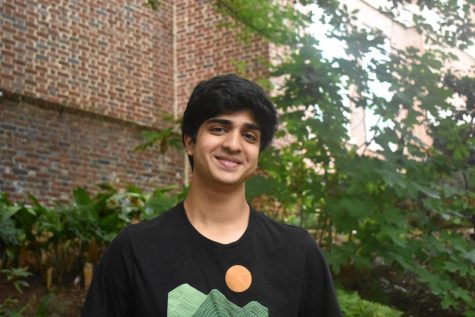ChatGPT is a helpful resource for students, teachers
January 27, 2023
ChatGPT can be a useful tool in schools for a variety of purposes, such as assisting with language learning, providing automated responses to frequently asked questions and supporting student research. However, it is important to note that it is a machine-learning model and not a substitute for human teachers or education professionals.
The previous paragraph was written by ChatGPT, an A.I. chatbot that is revolutionizing the way people view artificial intelligence. Following its release in November 2022, ChatGPT immediately began receiving national attention for its detailed responses to prompts and its understanding of human language.
ChatGPT has raised concerns regarding its use in education with some, like The Atlantic’s Stephen Marche, even declaring that “The College Essay is Dead.” Fears that it will be used to cheat on school assignments have caused a number of school districts, including New York and Seattle, to ban or restrict its use on school devices and networks. However, fears of ChatGPT are overblown and current solutions, like banning it, are ineffective.
Although AI is able to mimic human writing, it’s not a perfect substitute for student-written assignments. Many of the responses given by ChatGPT use filler words, repetitive phrases, and vague generalizations. The AI is usually unable to add nuance and depth to its writing and answers are often factually incorrect. This is especially true when ChatGPT is asked questions about subjects like art, poetry, and music. Teachers can usually differentiate between AI and student writing because of this, making it even harder to successfully cheat.
Furthermore, banning ChatGPT is largely a symbolic measure. Even if the website is blocked on school devices, the vast majority of high school and college students have access to mobile devices. Students are also often able to access other computers at home to complete homework assignments. ChatGPT is only the first software and other advanced chatbots are likely to emerge soon. Rather than fighting a losing battle against artificial intelligence, schools should use it for their own benefit.
Teachers are often overworked and AI could help ease the burden. ChatGPT is able to help teachers develop lesson plans by quickly producing materials. In an article for EdWeek, Madeline Will found that a teacher used ChatGPT to write ten paragraphs in different styles so his students could compare them. Without it, he would have had to write each paragraph himself. ChatGPT isn’t a substitute for teaching but it can be used to complete tedious tasks, allowing teachers to further focus on helping students.
It could also help students learn better by distilling complicated concepts into simple explanations and providing. This can be used as a starting point for deeper exploration and research. When I asked ChatGPT to explain the philosophy of Jean Baudrillard (a notoriously complex subject), it provided me with a summary of his ideas in simple language. After I asked it to recommend resources to learn more, it listed a variety of different sources and suggested: “reading his work multiple times and engaging with other sources to gain a deeper understanding.”
While ChatGPT may allow cheating on certain assignments, it’s here to stay. It would be more productive for schools to embrace it than ban it. Doing so will prevent pointless restrictions while giving teachers an important tool that can make their jobs easier and allow them to focus more on students.







